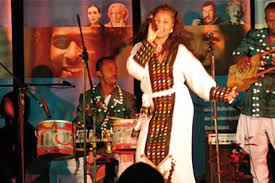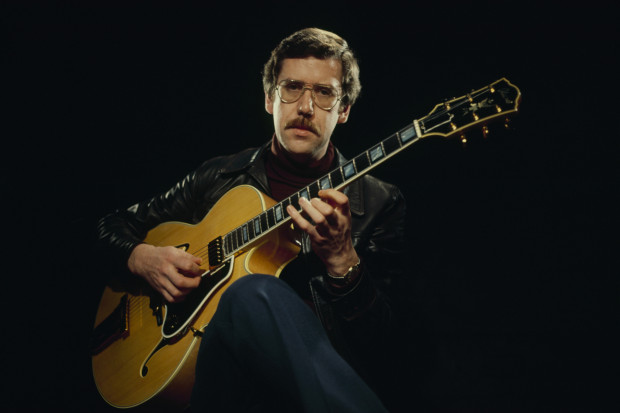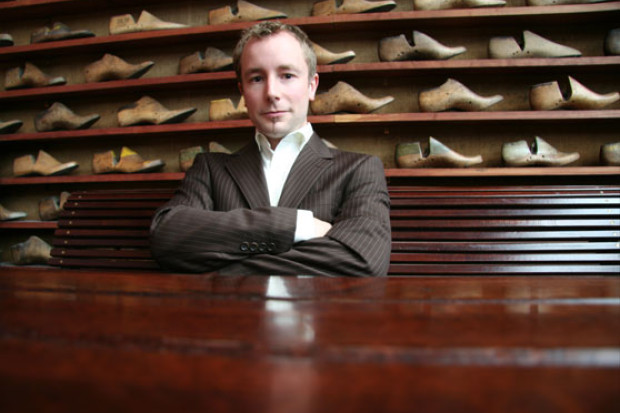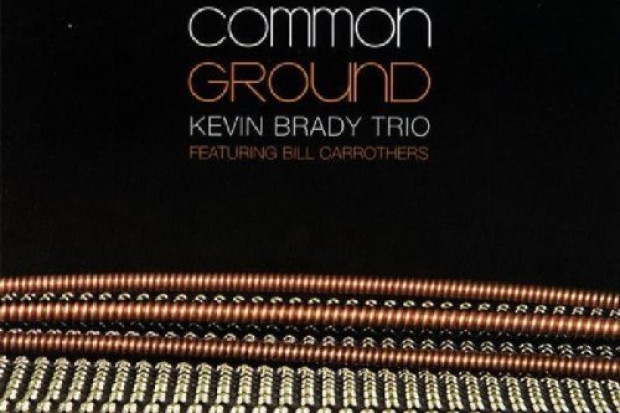
Live: Lionel Loueke Trio
It is surprising that jazz, which owes so much to its African roots, does not return to the creative well of African culture more often. West African music in particular reminds us of all that is shared by the two traditions – jazz soloing and the improvised vocalisation of the griots; the subtlety of swing and the lilt of Malian kora music; the elusive groove that animates both types of music, so easy to hear, so hard to explain.
The work of Benin guitarist Lionel Loueke is an example of how a good musician schooled in parallel traditions can create music that is entirely different from either, with familiar elements presented in a context that opens our ears to something unique. Since Loueke’s visit to Ireland with Herbie Hancock last year, when audiences got a taste of his exotic style and eclectic material, fans have been looking forward to his return in a more intimate context with his long-standing rhythm section of Swedish bassist Massimo Biolcati and Hungarian drummer Ferenc Nemeth. The trio’s appearance at Dublin’s Pendulum Club did not disappoint.
Loueke has paid his jazz dues, studying at Berklee and playing with big-ticket stars like Hancock and Wayne Shorter. But his trio performances allow us to hear in greater detail what makes him different: his ability to transform his hollow-bodied guitar into a virtual orchestra of Afro-jazz rhythms and harmonic progressions, layered with floating vocal phrases and percussive tongue clicks that create a potent world-music groove enriched by the cosmopolitan complexity of up-to-the-minute jazz. Tunes like ‘Karibu’ and ‘Virgin Forest’ reflect Loueke’s cultural vantage but also have that search for the new that is at the core of jazz curiosity. The rhythmically adventurous ‘Seventeens’, an energetic ur-blues, featured interplay with Biolcati and Nemeth that could only happen within a trio that has been playing together for many years. And the gentle, understated ‘Benny’s Tune’ used a simple African melody to build a subtly dynamic extended song.
The excitement of this music is enhanced by Loueke’s mastery of his guitar and the ease with which he makes it sound like other instruments: an organ or marimba or kora. Yet with so much going on, it is easy to miss the soulful simplicity of his work, best exemplified in this performance by his encore, a lovely rendering of the Swahili ballad ‘Malaika’.
‘Jazz is a language,’ Loueke has said. ‘I have my accent, I have my way to choose different words. But most important for me is to understand that language.’ Loueke doesn’t just understand it – he speaks it with fluency. But he has also expanded its grammar and vocabulary, and his popularity among jazz’s elder statesmen is welcome evidence of the fact that jazz remains open, as it must, to the replenishing dialects of world music.
Published on 1 June 2009
Kevin Stevens is is a Dublin-based novelist and writer on history, literature, and jazz.












